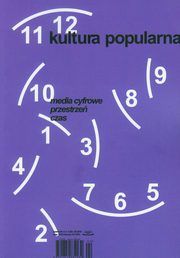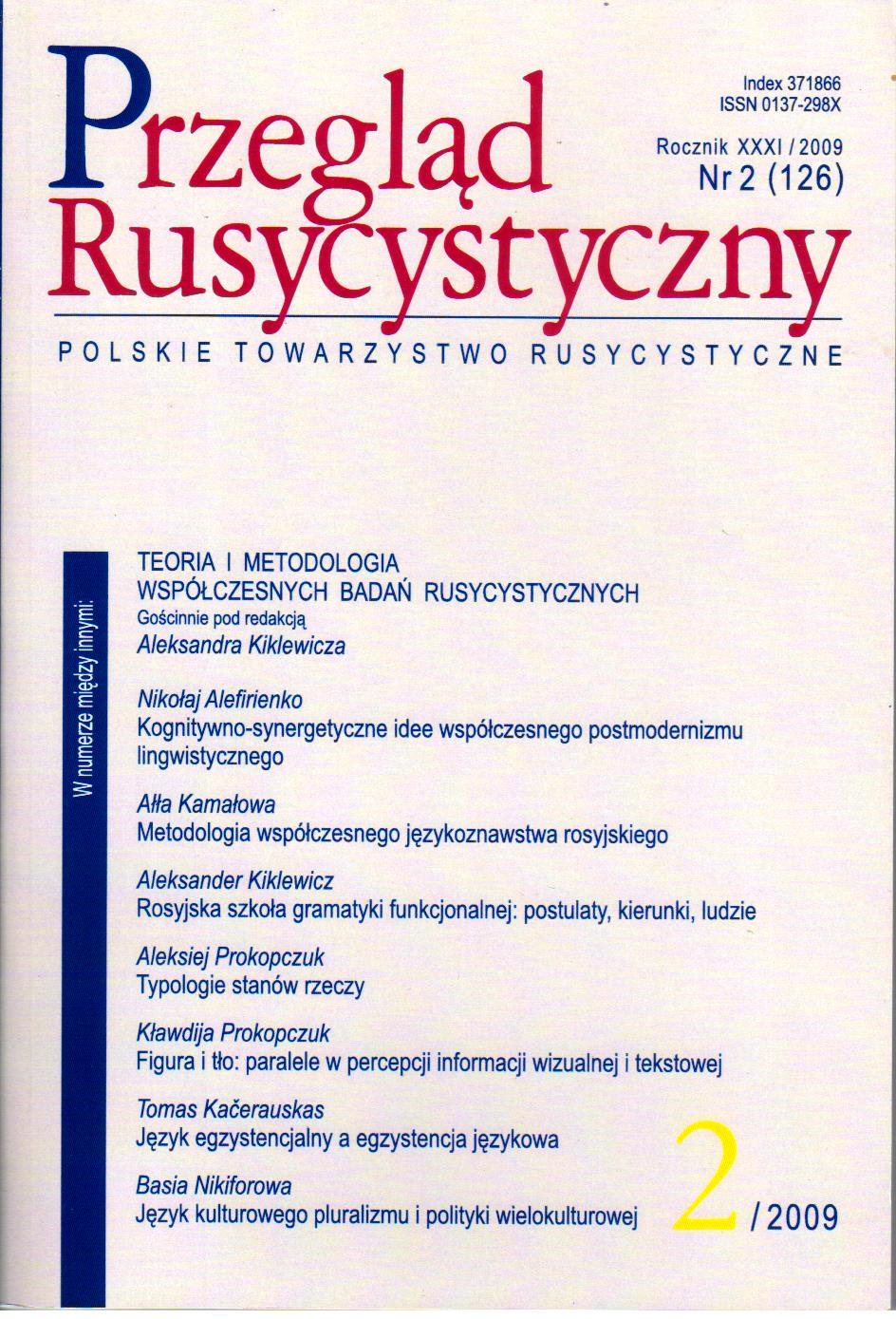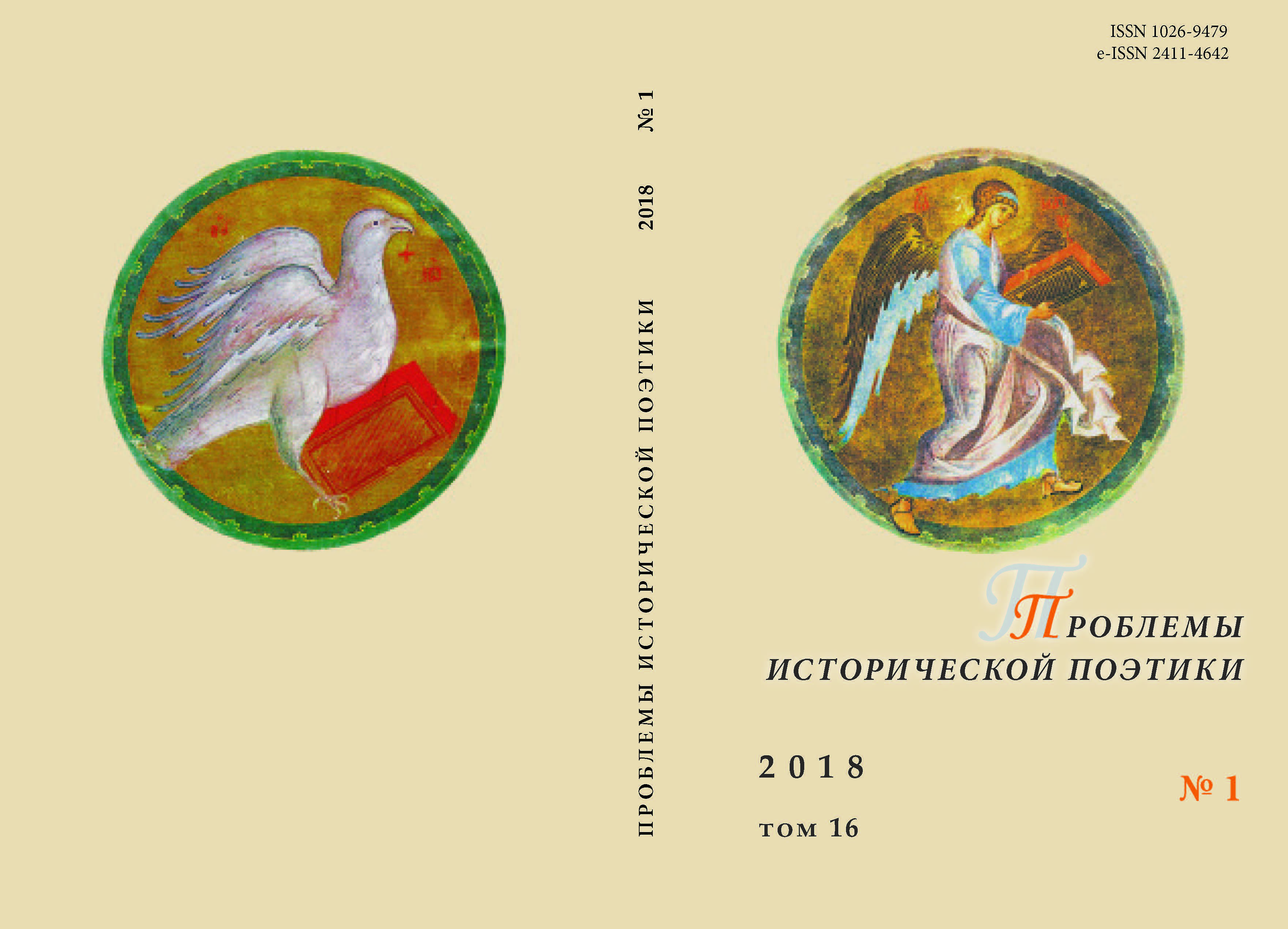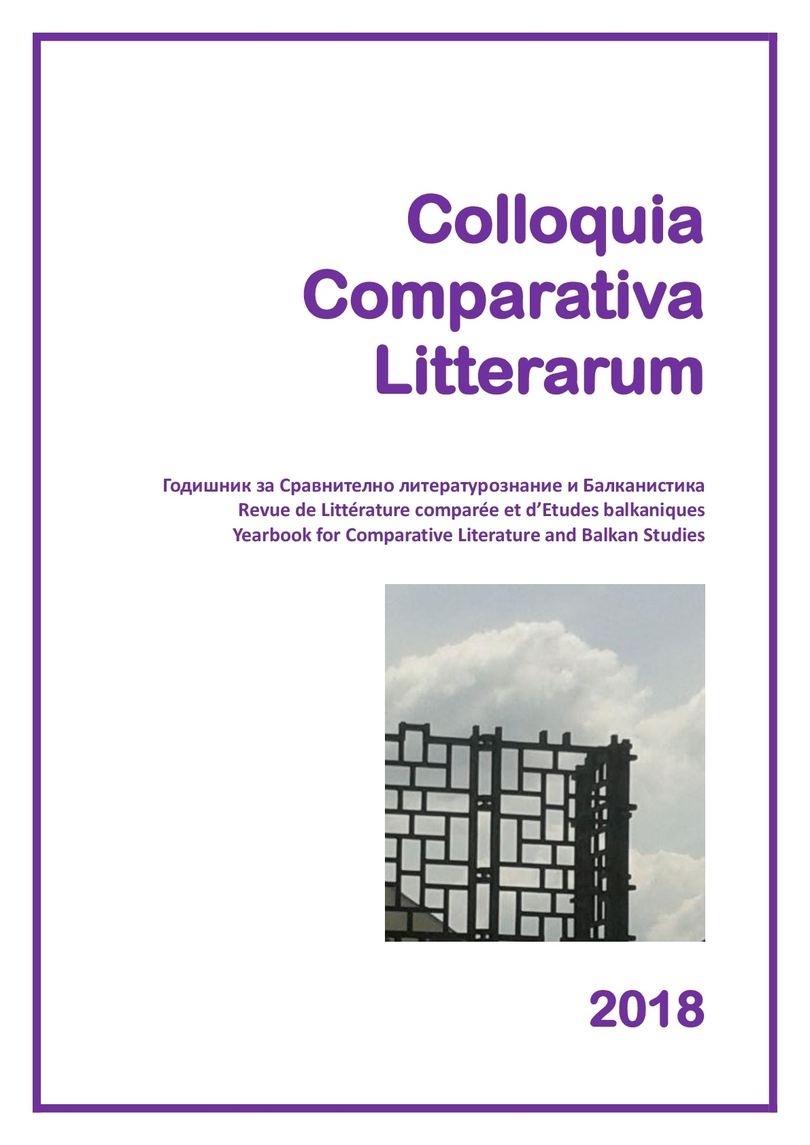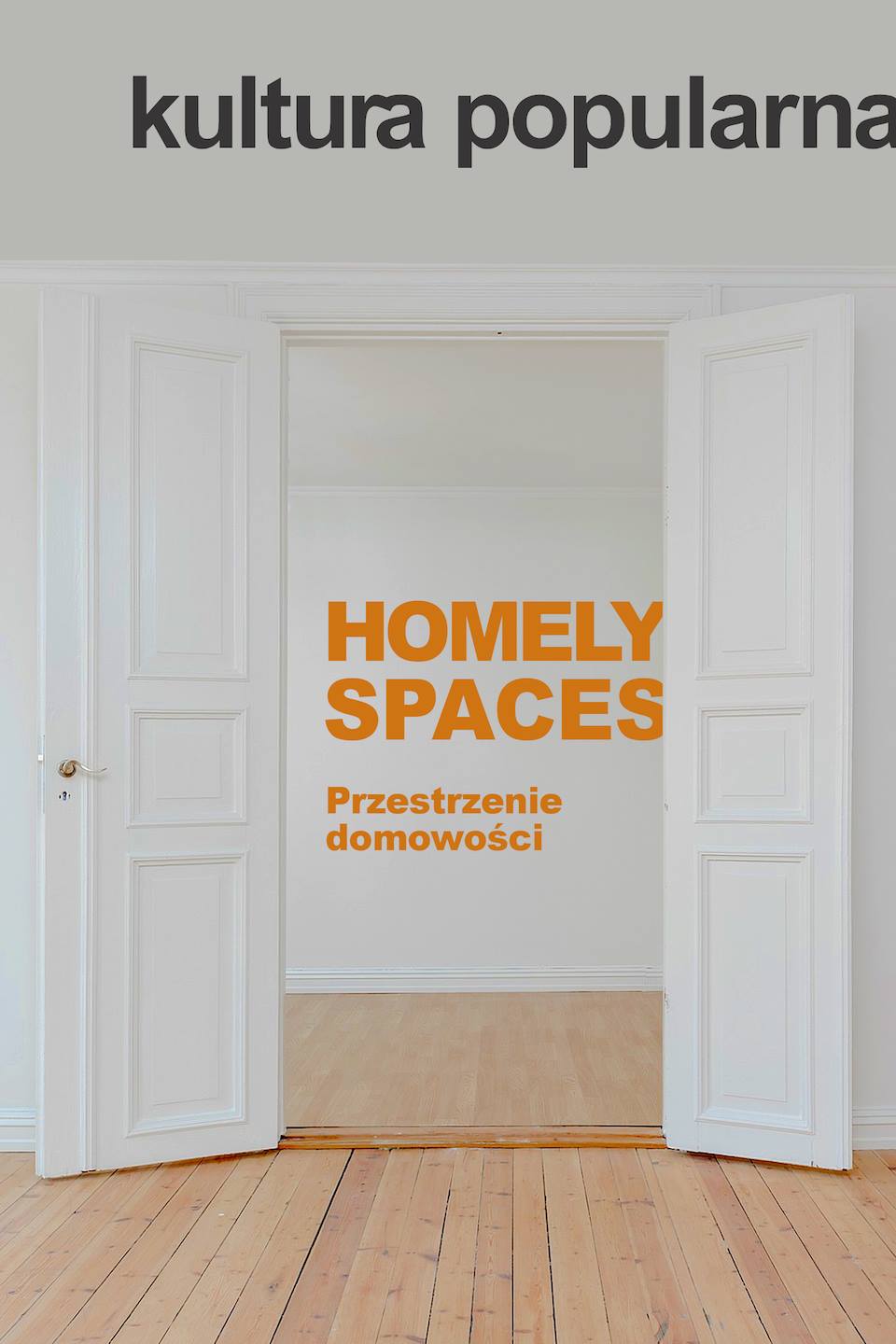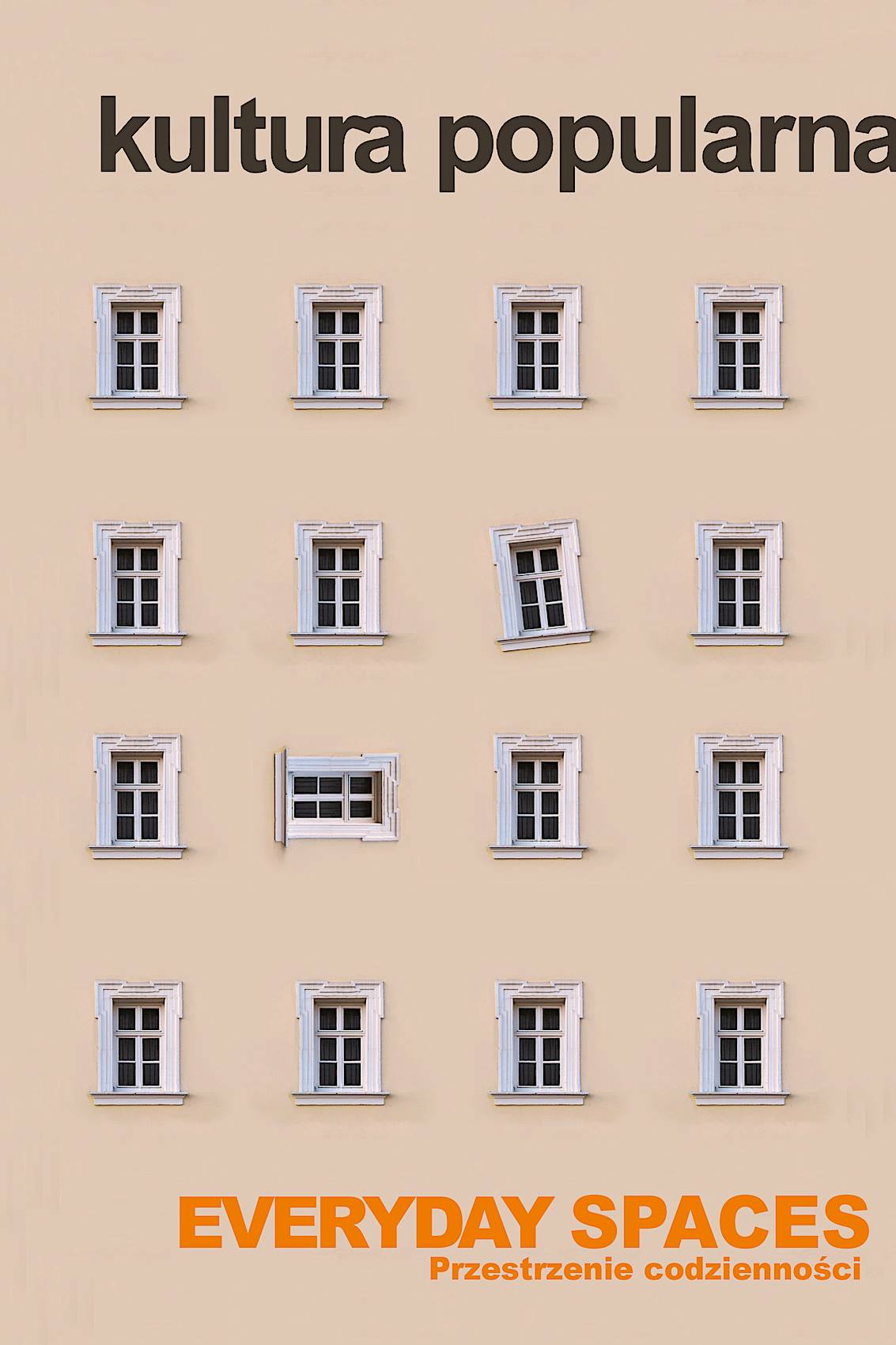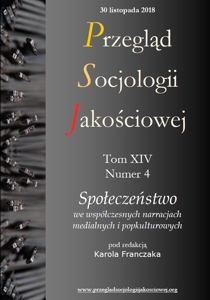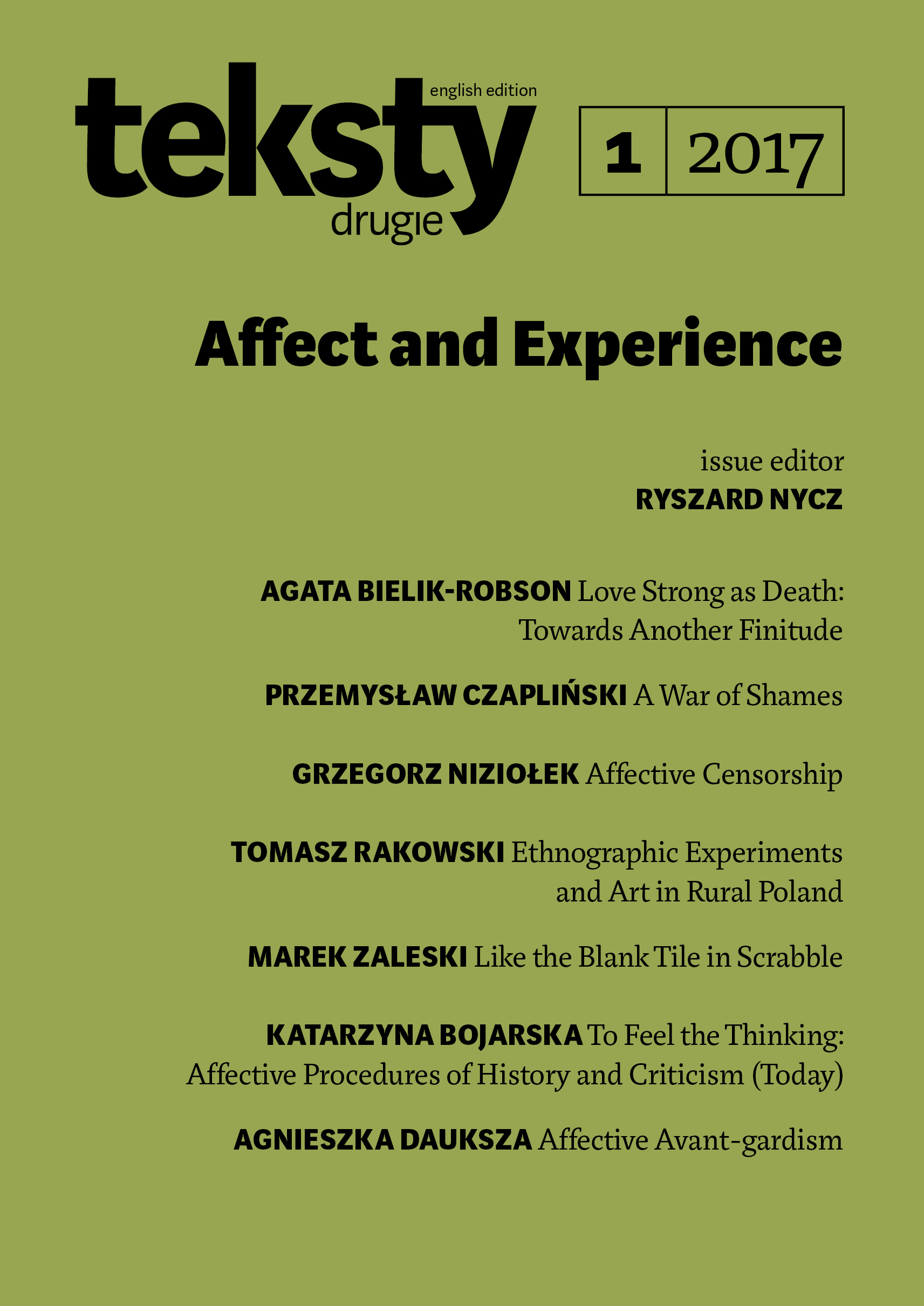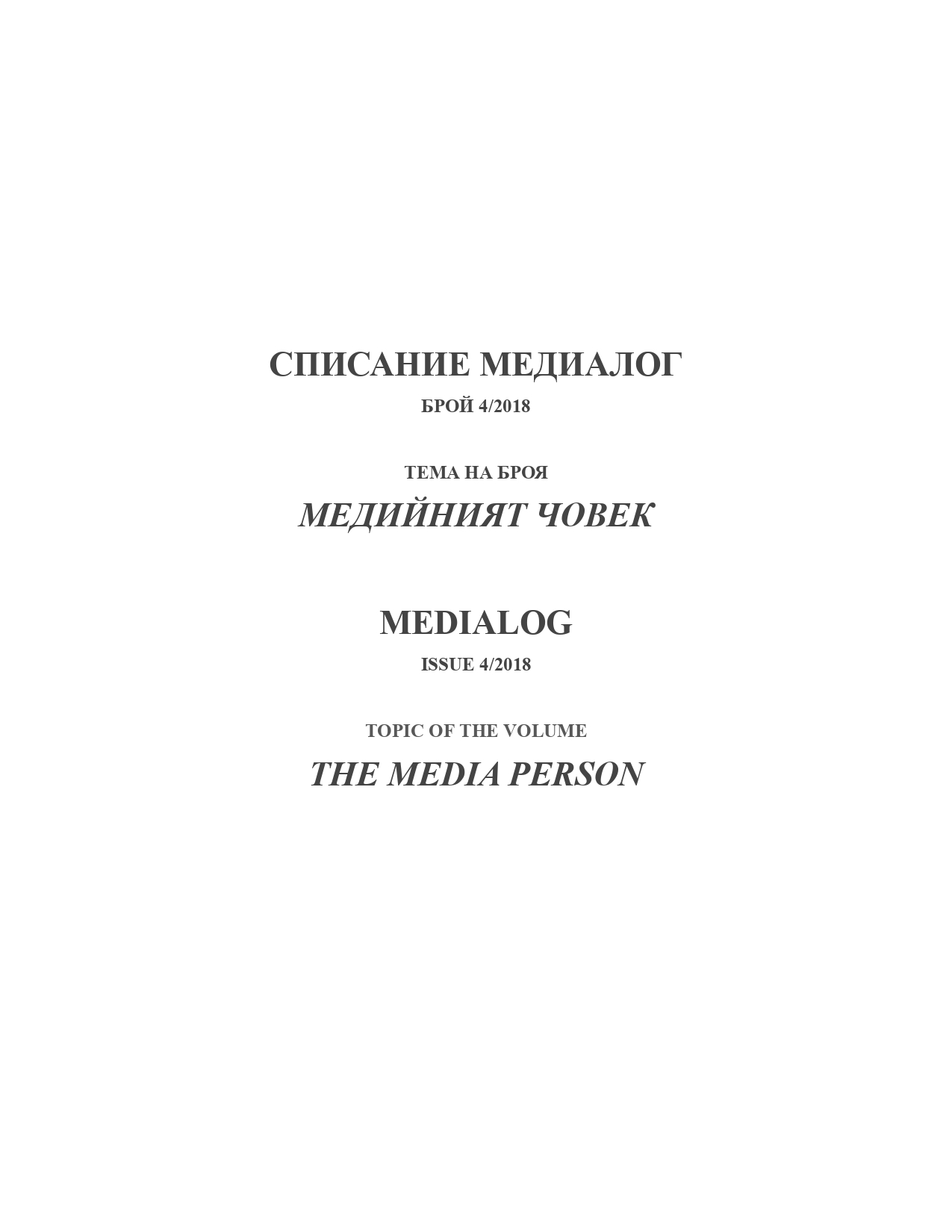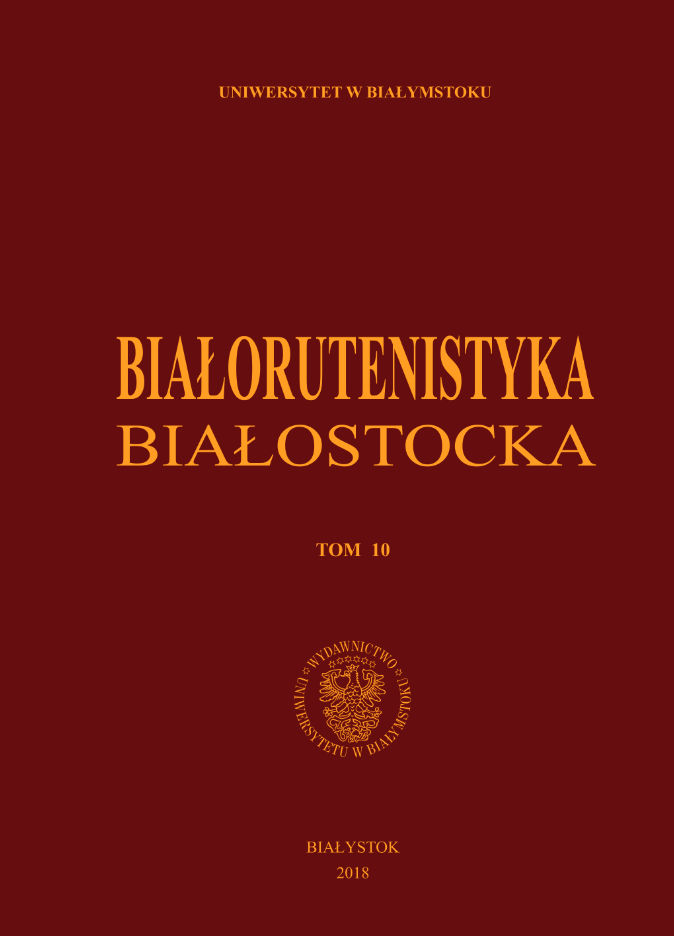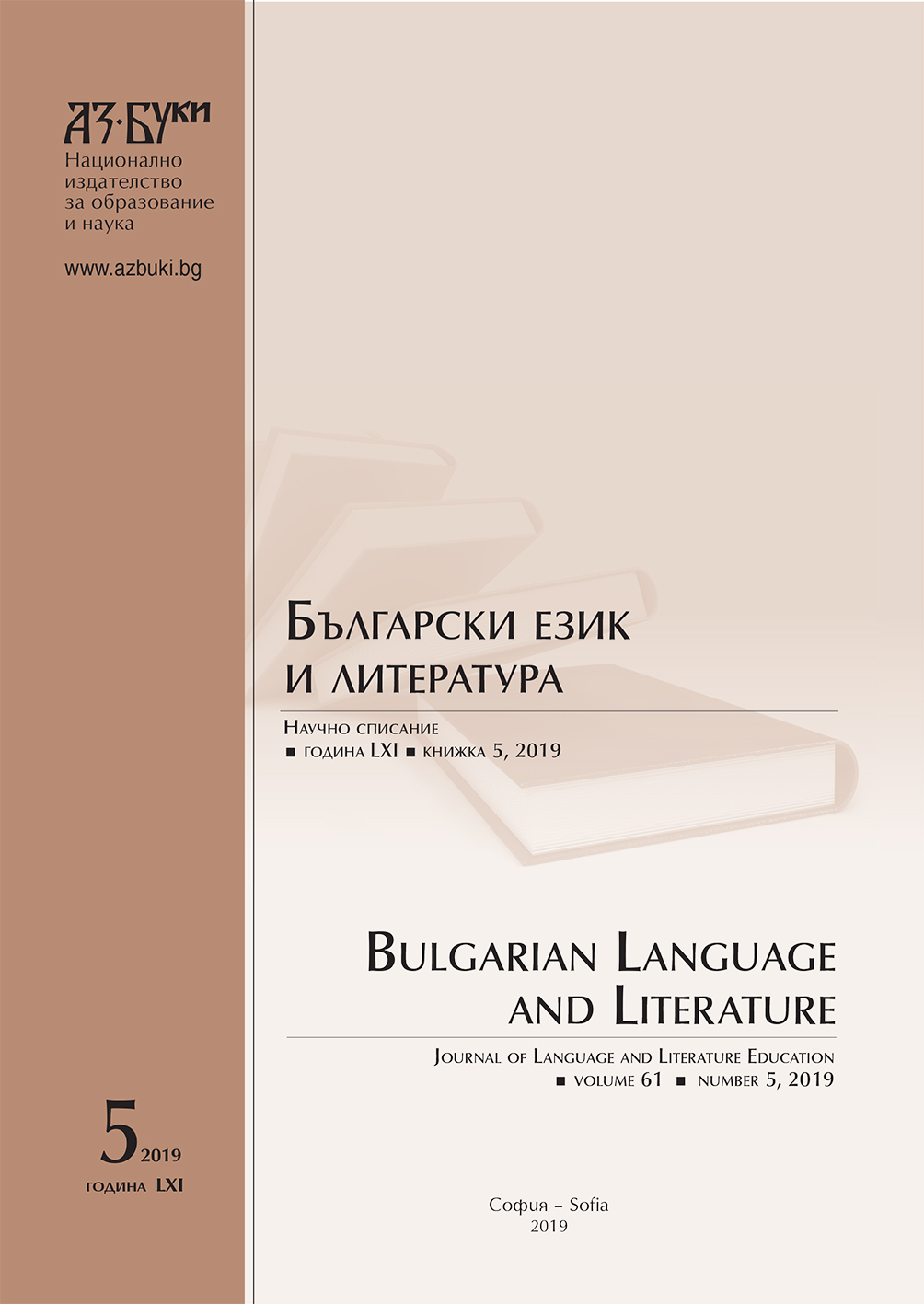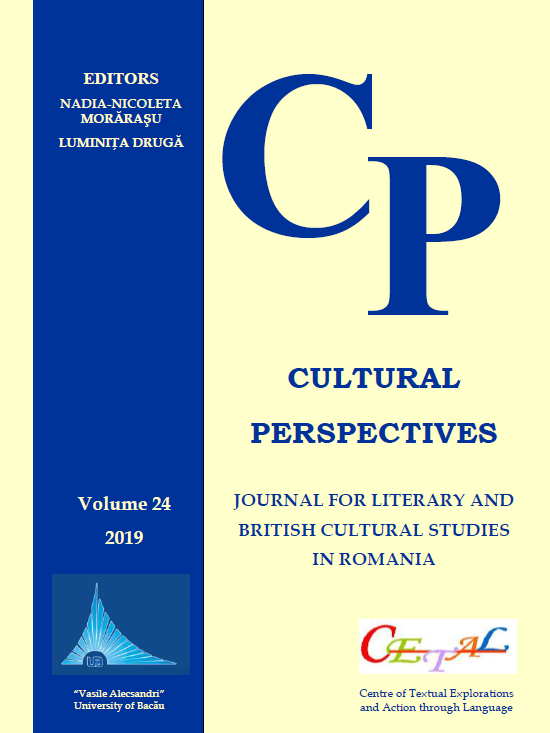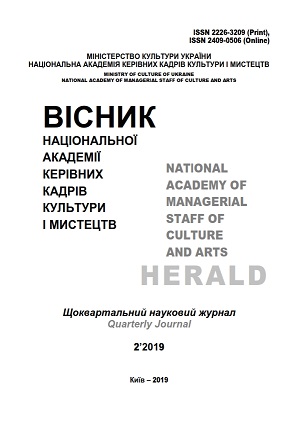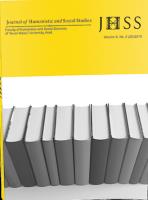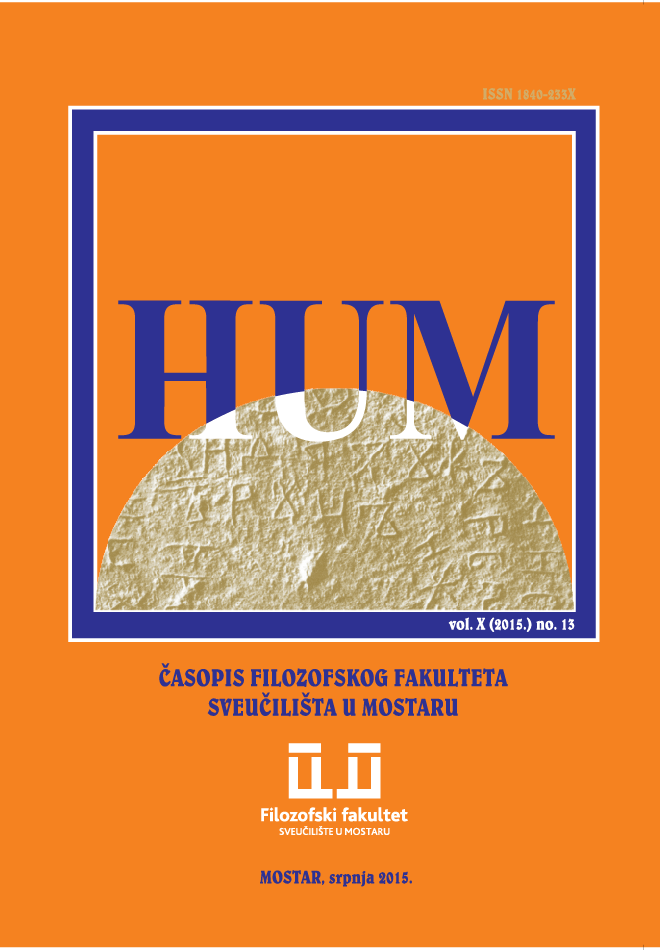
OBITELJSKI ROMAN U HRVATSKOJ DJEČJOJ KNJIŽEVNOSTI DEVEDESETIH GODINA PROŠLOGA STOLJEĆA
Considering the position of the dominant narrative figure within the Croatian children's realistic novel of the nineties of the last century it is possible to define type of the family novel that belongs to social-psychological fiction. Narrative pattern of the family children's novel implies a story of the family atmosphere in which adult characters appear alongside with children's characters equal to them at the narrative level, portraying the adult and children's characters and a way of building their identity in a family community of different types. Children's characters create their personality strongly influenced by family relationships and characters of their parents and relatives, modeling their activity on them as well as adopting gender standardized roles. The traditional and contemporary family relationships could be recognized according the prevailing world view on the selected corpus of the novel. Unlike the traditional family, which includes parents and children, strong family, mostly male authority, more liberal attitude of the weaker parental authority prevails in the majority of contemporary families. It is possible to identify several forms of a family novel: family novel with a picture of the traditional patriarchal family, family novel with a picture of contemporary patriarchal family and family novel with a picture of contemporary liberal family.
More...
